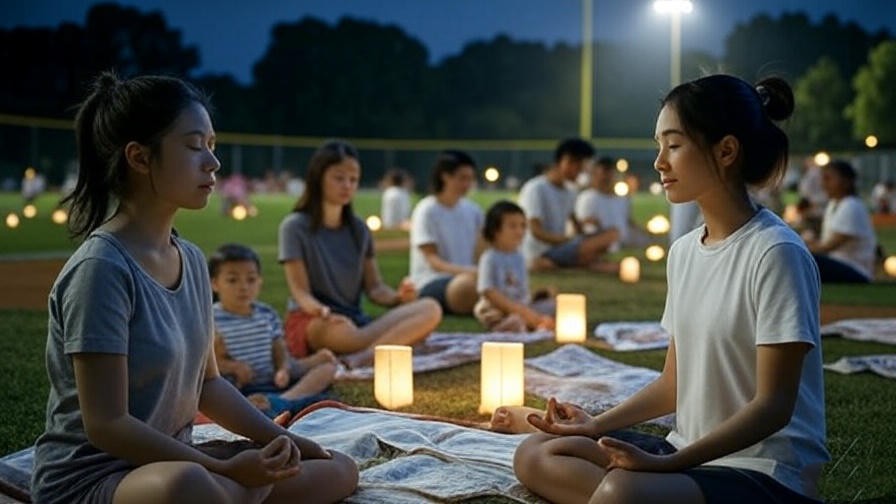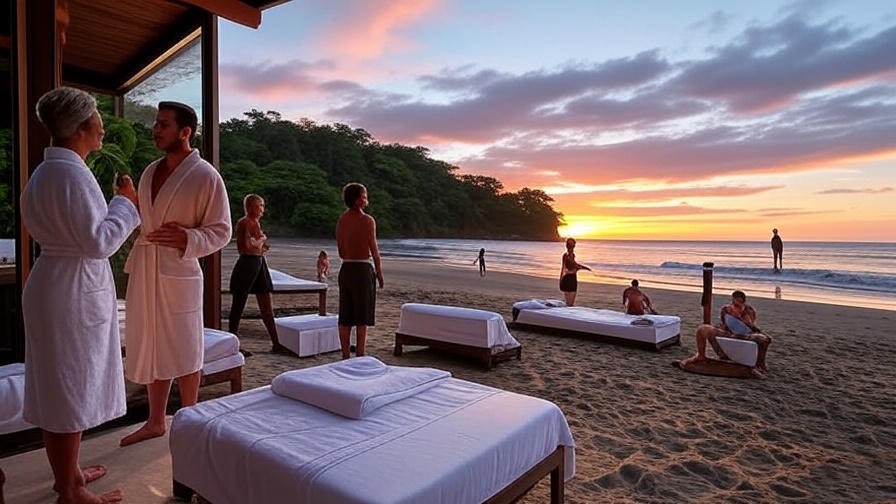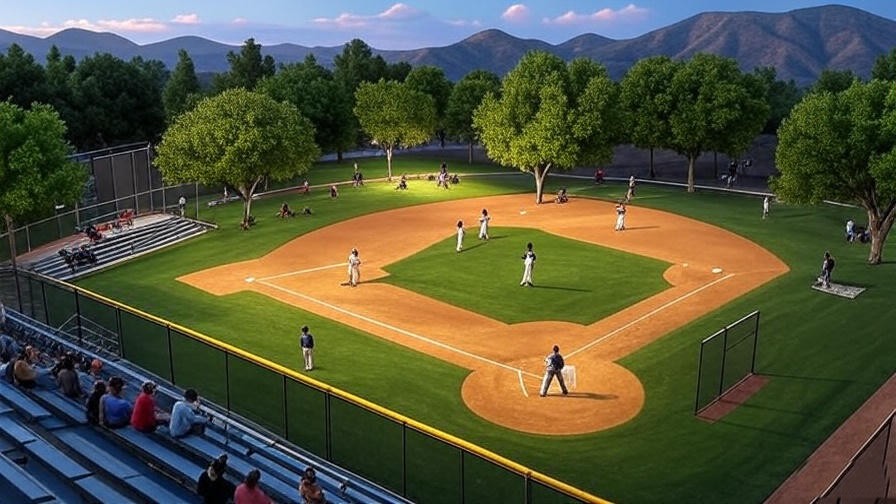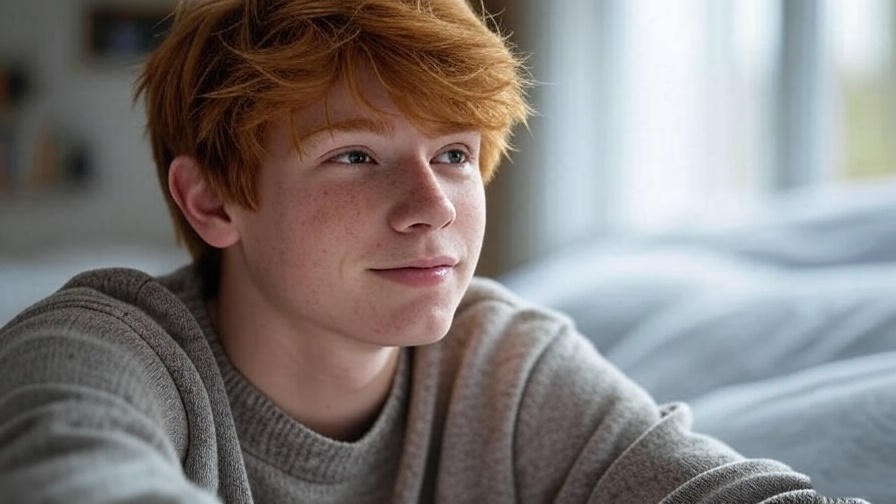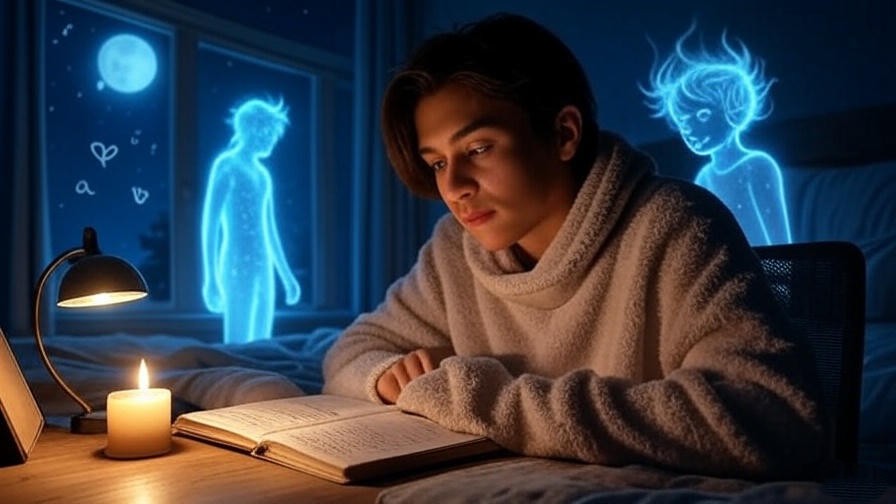Picture this: you’ve just finished an electrifying game at Big League Dreams Manteca, the crowd’s energy still pulsing through your veins. Your body’s exhausted, but your mind is racing, making sleep feel like an impossible goal. For athletes and families visiting this vibrant sports complex in Manteca, California, restful sleep can be elusive amid late-night games, travel fatigue, and unfamiliar hotel beds. Poor sleep doesn’t just leave you groggy—it hampers athletic performance, mental clarity, and family well-being. This article unveils practical meditation techniques tailored for Big League Dreams Manteca visitors, helping athletes recover faster and families stay balanced. By mastering these strategies, you’ll transform restless nights into restorative ones, boosting performance and happiness.
The Sleep Challenges at Big League Dreams Manteca
Why Sleep Is Critical for Athletes and Families
Sleep is the cornerstone of physical and mental health, especially for athletes and busy families. For athletes, deep sleep—encompassing REM and non-REM stages—facilitates muscle repair, hormone regulation, and cognitive sharpness. A 2017 study in Sports Medicine found that athletes getting less than 7 hours of sleep experienced reduced reaction times and increased injury risk. Families, meanwhile, rely on quality rest to manage stress and maintain energy during action-packed tournament weekends. Kids need adequate sleep for growth and emotional regulation, while parents benefit from rest to juggle schedules and support their young athletes. Without it, everyone’s performance and mood suffer.
Unique Sleep Obstacles at Big League Dreams Manteca
Big League Dreams Manteca, a sprawling sports complex designed to replicate iconic baseball stadiums, creates a high-energy atmosphere that’s thrilling but tough on sleep. Late-night games, cheering crowds, and post-game adrenaline keep athletes wired long after the final pitch. Families face additional hurdles: irregular schedules disrupt bedtime routines, hotel rooms lack the comfort of home, and travel fatigue from long drives or flights compounds exhaustion. For example, a parent might struggle to settle a restless child after a day of games, while a teenage athlete may lie awake replaying a missed play. These challenges make winding down a critical skill for restful nights.
The Power of Meditation for Restful Sleep
How Meditation Enhances Sleep Quality
Meditation is a proven tool for improving sleep by calming the mind and body. It reduces cortisol levels, the stress hormone that keeps you awake, and activates the parasympathetic nervous system, promoting relaxation. A 2015 meta-analysis in JAMA Internal Medicine showed that mindfulness meditation improved sleep quality in 80% of participants with insomnia. By focusing on the present moment, meditation helps break the cycle of racing thoughts, making it easier to fall asleep and stay asleep. This practice is accessible to everyone, requiring no equipment—just a few minutes of focused attention.
Why Meditation Suits Athletes and Families
For athletes, meditation tackles performance anxiety and physical tension, two major barriers to restful sleep. By calming the mind, it helps players let go of game-related stress, such as a tough loss or an upcoming match. Families benefit equally: parents can reduce the stress of managing tournament logistics, while kids learn to relax in unfamiliar settings. Dr. Amishi Jha, a neuroscientist and mindfulness expert, notes, “Meditation trains the brain to focus and release, which is critical for recovery in high-pressure environments.” Its simplicity makes it ideal for the fast-paced, on-the-go lifestyle of Big League Dreams Manteca visitors.
Practical Meditation Techniques for Big League Dreams Manteca Visitors
Pre-Sleep Meditation for Athletes
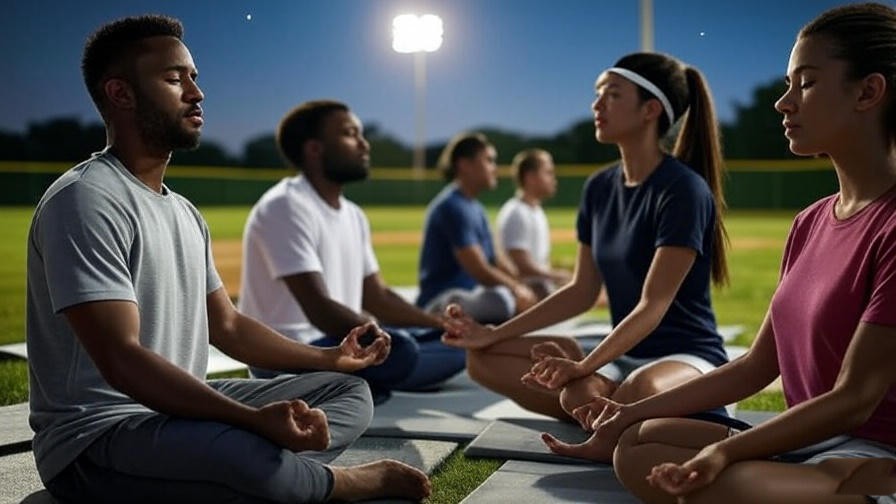
Body Scan Meditation
A body scan meditation is perfect for athletes needing to release physical tension after a game. Here’s how to do it:
- Lie down in a quiet space (your hotel bed works fine).
- Close your eyes and take five deep breaths, inhaling through your nose and exhaling through your mouth.
- Focus on each body part, starting at your toes. Notice any tension and consciously relax it.
- Move upward through your legs, hips, back, arms, and head, spending 10–15 seconds per area.
- If your mind wanders, gently bring it back to the body part you’re focusing on.
This 10-minute practice helps soothe sore muscles and calm post-game adrenaline. If sharing a hotel room, use earplugs or noise-canceling headphones for focus.
Visualization for Performance and Rest
Visualization combines mental rehearsal with relaxation to prepare for sleep. Try this:
- Sit or lie comfortably and close your eyes.
- Picture yourself excelling in a game at Big League Dreams Manteca—hitting a home run or making a perfect catch.
- Transition to imagining a peaceful scene, like a quiet beach or a cozy cabin.
- Focus on sensory details: the sound of waves, the warmth of a blanket.
- Breathe deeply for 5–7 minutes, letting the calm scene replace game-day intensity.
This technique, endorsed by sports psychologists like Dr. Jim Afremow, author of The Champion’s Mind, helps athletes shift from competition to rest.
Expert Tip: “Visualization not only boosts confidence but also signals to your brain that it’s time to unwind,” says Dr. Afremow.
Family-Friendly Meditation Practices
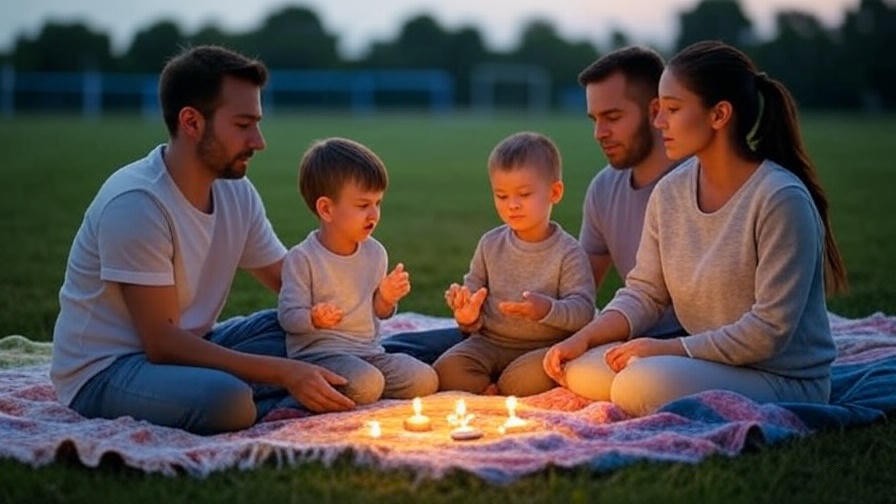
Guided Breathing for All Ages
This simple breathing exercise calms parents and kids alike:
- Sit together in a quiet corner of your hotel room or outside the Manteca complex.
- Inhale deeply for 4 seconds, hold for 4 seconds, and exhale for 6 seconds.
- For kids, make it fun: say, “Blow out the candle” as they exhale.
- Repeat for 5 minutes, encouraging everyone to focus on their breath.
This practice reduces stress and helps kids settle down. Apps like Headspace offer guided versions for families.
Gratitude Meditation
A gratitude meditation fosters positivity after a hectic day:
- Gather your family before bed and sit comfortably.
- Each person shares one thing they’re grateful for from the day (e.g., a great play, a fun moment at Big League Dreams Manteca).
- Close your eyes and silently reflect on that moment for 2–3 minutes, noticing how it feels in your body.
- End with a few deep breaths together.
This 5-minute practice strengthens family bonds and shifts focus to positive emotions, easing everyone into sleep.
Practical Tip: Try the free “Insight Timer” app for family-friendly guided meditations, many under 10 minutes.
Quick Meditation Fixes for Busy Schedules
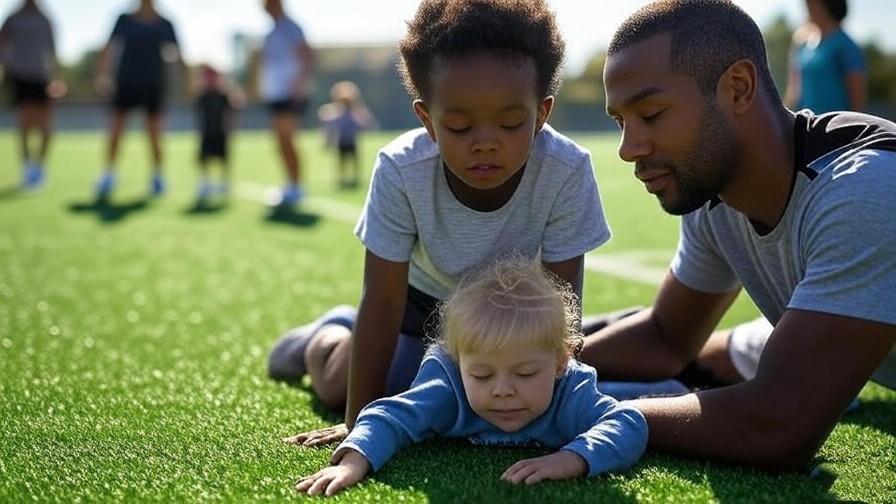
For those with packed tournament schedules, micro-meditations offer quick relief:
- Grounding Breath (1 Minute): Stand outside the Manteca fields, feet planted firmly. Inhale deeply for 4 seconds, feeling the ground beneath you, and exhale for 6 seconds. Repeat 6 times.
- Sensory Check-In (2 Minutes): Pause between games. Notice 5 things you see, 4 you hear, 3 you feel, 2 you smell, and 1 you taste. This grounds you in the present, reducing pre-sleep anxiety.
These practices fit seamlessly into the fast-paced environment of Big League Dreams Manteca, ensuring everyone can relax on the go.
Creating a Sleep-Friendly Environment at Big League Dreams Manteca
Optimizing Your Hotel or Accommodation
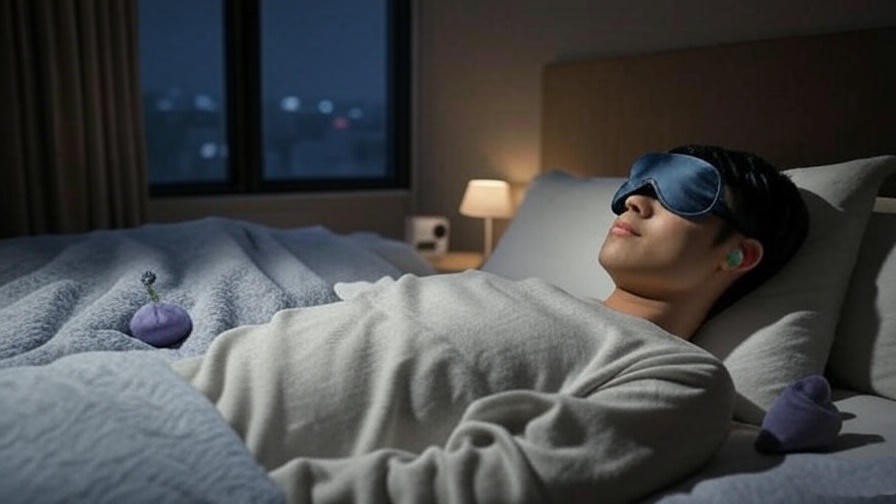
A restful sleep environment is crucial, even away from home. Try these tips:
- Block Out Noise: Use earplugs or a white noise app to drown out hotel chatter or teammates’ snoring.
- Darken the Room: Bring an eye mask to block light from windows or hallway cracks.
- Control Temperature: Set the hotel thermostat to 60–67°F, the ideal range for sleep, per the National Sleep Foundation.
- Add Comfort: Pack a familiar pillowcase or a small lavender sachet to make the space feel like home.
If sharing a room, communicate bedtime needs with teammates or family to minimize disruptions.
Pre-Bedtime Rituals for Better Sleep
A consistent wind-down routine signals your body it’s time to rest. Here’s a 30-minute plan for Big League Dreams Manteca nights:
- 6:00 PM: Hydrate with water, avoiding caffeine or sugary drinks.
- 6:15 PM: Do 10 minutes of light stretching to release muscle tension.
- 6:25 PM: Spend 5 minutes on a micro-meditation (e.g., grounding breath).
- 6:30 PM: Dim lights, avoid screens, and read a book or listen to calming music.
This routine helps athletes and families transition from the high-energy Manteca fields to a restful state.
Nutrition and Hydration for Sleep
Diet plays a big role in sleep quality. Follow these guidelines:
- Avoid Sleep Disruptors: Skip heavy meals, caffeine, or sugary snacks within 3 hours of bedtime. For example, avoid late-night burgers from Manteca’s nearby fast-food spots.
- Choose Sleep-Supporting Foods: Opt for light snacks like bananas (rich in potassium) or almonds (high in magnesium). Local grocery stores like Save Mart in Manteca stock these.
- Stay Hydrated: Dehydration impairs recovery. Sip water throughout the day, but taper off an hour before bed to avoid nighttime bathroom trips.
Proper nutrition enhances meditation’s benefits, ensuring deeper sleep for athletes and families.
Long-Term Benefits of Meditation for Athletes and Families
Enhancing Athletic Performance
Regular meditation does more than improve sleep—it elevates athletic performance by sharpening focus, boosting resilience, and regulating emotions. For athletes at Big League Dreams Manteca, where mental toughness is as critical as physical skill, meditation offers a competitive edge. A 2018 study in Frontiers in Psychology found that athletes practicing mindfulness for 8 weeks showed improved concentration and faster recovery times. By reducing performance anxiety, meditation helps players stay calm under pressure, whether swinging at a crucial pitch or fielding a high-stakes play. For example, a baseball player might use a pre-game breathing exercise to stay focused, then apply the same technique post-game to unwind for sleep.
Consider the case of Sarah, a collegiate softball player who started meditating during tournaments at Big League Dreams Manteca. Initially skeptical, she adopted a 10-minute body scan meditation before bed. Within two weeks, she reported better sleep, sharper focus during games, and less frustration after errors. Her coach noted improved consistency in her batting, attributing it to her newfound mental clarity. Meditation’s ability to enhance focus and emotional control makes it a game-changer for athletes aiming to excel.
Building Family Resilience and Happiness
For families, meditation fosters resilience and strengthens bonds, especially during the chaos of tournament weekends. Parents juggling schedules, meals, and cheering duties often feel overwhelmed, while kids may struggle with the excitement or disappointment of games. A short gratitude meditation, like the one described earlier, helps families reconnect and find joy in shared moments. Research from the Journal of Positive Psychology (2020) shows that gratitude practices increase family cohesion and reduce stress, creating a ripple effect of happiness.
For instance, the Johnson family, frequent visitors to Big League Dreams Manteca, started a 5-minute family breathing exercise before bed during tournaments. The parents noticed their kids, aged 8 and 12, were less cranky and fell asleep faster, while they felt more patient and present. Over time, this practice became a cherished ritual, helping the family navigate not just tournaments but everyday challenges. Meditation equips families with tools to manage stress and maintain harmony, no matter the setting.
Sustaining Holistic Well-Being
Meditation’s benefits extend beyond Big League Dreams Manteca, supporting long-term holistic well-being. By cultivating mindfulness, athletes and families develop skills to manage stress, enhance emotional health, and improve overall happiness. Regular practice strengthens the brain’s prefrontal cortex, improving decision-making and emotional regulation, according to a 2019 study in Neuroscience Letters. This translates to better performance on the field and healthier family dynamics off it. For example, a young athlete who meditates regularly may handle school stress better, while parents might find it easier to balance work and family life.
Incorporating meditation into daily life also aligns with the broader goals of happiness and well-being. It encourages a proactive approach to mental health, empowering individuals to take charge of their rest and recovery. By making meditation a habit, Big League Dreams Manteca visitors can transform their tournament experiences into opportunities for personal growth and lasting wellness.
Expert Insights and Resources
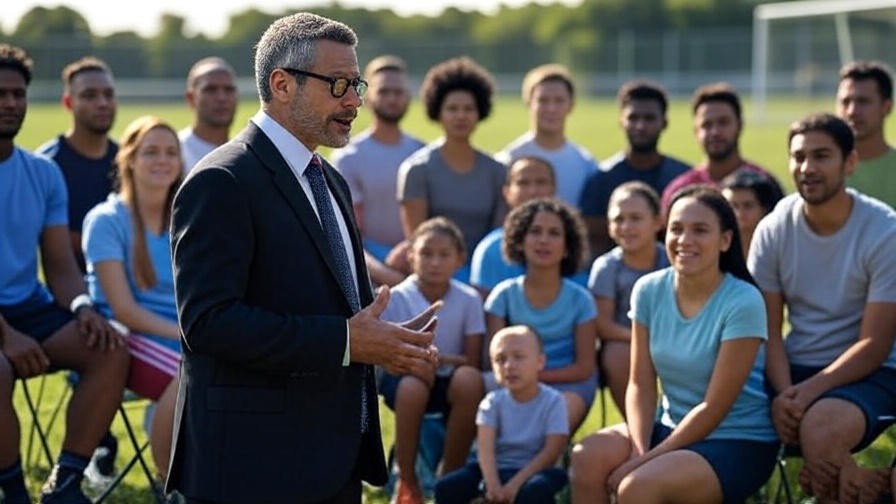
Expert Quote
Dr. Michael Breus, a renowned sleep specialist, emphasizes meditation’s role in recovery: “For athletes and families, meditation is a powerful tool to reset the nervous system, especially in high-energy environments like sports complexes. It’s like a mental cool-down that primes you for deep, restorative sleep.” This insight underscores why meditation is ideal for Big League Dreams Manteca, where the intensity of games can disrupt rest.
Recommended Resources
To deepen your meditation practice, explore these trusted resources:
- Books: The Mindful Athlete by George Mumford, a sports psychologist who trained NBA stars like Kobe Bryant, offers practical mindfulness techniques for performance and recovery.
- Apps: Insight Timer (free) and Calm (freemium) provide guided meditations tailored for athletes and families, with sessions as short as 5 minutes.
- Podcasts: “The Mindful Kind” by Rachael Kable includes episodes on mindfulness for stress relief, perfect for busy parents and athletes.
Local Resources
If you’re in Manteca, consider visiting local wellness centers for in-person support. The Yoga Haven Manteca, located just 10 minutes from Big League Dreams Manteca, offers beginner-friendly yoga and meditation classes. Their evening sessions are ideal for post-game relaxation, helping athletes and families wind down. Alternatively, check out Manteca’s community centers for occasional mindfulness workshops, often listed on the city’s recreation website.
FAQs
How Can I Meditate if I’m Too Wired After a Game at Big League Dreams Manteca?
Post-game adrenaline can make sleep tough. Try progressive muscle relaxation: tense and release each muscle group from toes to head for 5–7 minutes. Pair this with a grounding breath exercise to calm your nervous system. Taking a short walk around the Manteca complex before heading to your hotel can also help burn off excess energy.
Is Meditation Safe and Effective for Young Kids Attending Tournaments?
Yes, meditation is safe and beneficial for children. Simple practices like guided breathing or storytelling visualizations engage kids without overwhelming them. A 2016 study in Pediatrics found that mindfulness improved sleep and reduced anxiety in children as young as 6. Make it fun by using games like “blow out the candle” to keep them interested.
How Long Does It Take to See Sleep Improvements From Meditation?
Consistency is key. Research from Sleep Medicine Reviews (2017) suggests that 2–4 weeks of daily meditation (10–15 minutes) significantly improves sleep quality. Start with short sessions during your Big League Dreams Manteca visit and continue at home for lasting results.
Can Meditation Help With Jet Lag or Time Zone Changes During Travel to Manteca?
Absolutely. Meditation helps reset your circadian rhythm by reducing stress and promoting relaxation. Try a 10-minute body scan meditation upon arriving at your hotel, ideally in the early evening local time. Pair it with exposure to natural light during the day to adjust faster, per recommendations from the National Sleep Foundation.
Conclusion
Mastering restful sleep at Big League Dreams Manteca is within reach with the power of meditation. These tailored techniques—body scans for athletes, family breathing exercises, and quick micro-meditations—address the unique challenges of tournament weekends, from adrenaline-fueled nights to disrupted routines. By adopting these practices, athletes can boost recovery and performance, while families find calm amidst the chaos, fostering stronger connections and happiness. Beyond Manteca, meditation offers lifelong benefits for holistic well-being, making every tournament a chance to grow stronger, mentally and physically.
Try one meditation technique tonight, whether it’s a 5-minute gratitude practice with your family or a body scan after a game. Share your experience in the comments below, and let us know how these strategies transform your Big League Dreams Manteca visits. For more sleep and mindfulness tips, explore our website’s resources on athlete recovery, family wellness, and stress relief. Your journey to better rest starts now.

